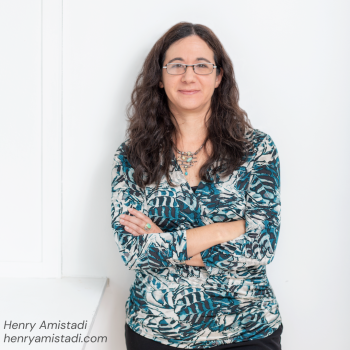Support the children of resistance Donate Now!

The Rosenberg Fund for Children envisions a world where no child suffers alone when their family faces repression. We connect activist families we help to a broad progressive community, and connect our supporters to contemporary activist movements.
Join our Community
News & Events
RFC Granting in this Moment: Escalating Threats and Deepening Resistance
Recent Grants: Nine New Families Join the RFC as Granting Approaches $9.5 Million
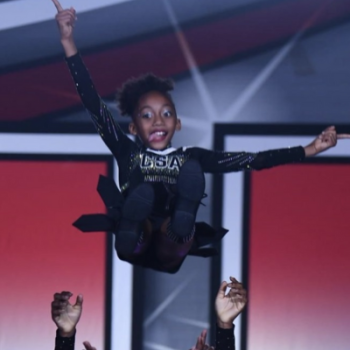
Executive Director’s Report: Announcing the Bruce Miller Legacy Fund
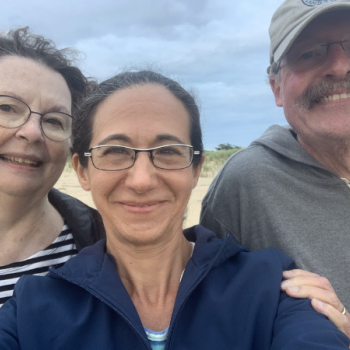
"Our community requires an organization that aids children in this country whose parents have been targeted in the course of their progressive activity. Please join me and the thousands of RFC supporters who stand with those who resist."
Grants
Our community requires an organization that aids children in this country whose parents have been targeted in the course of their progressive activity. Please join me and the thousands of RFC supporters who stand with those who resist.
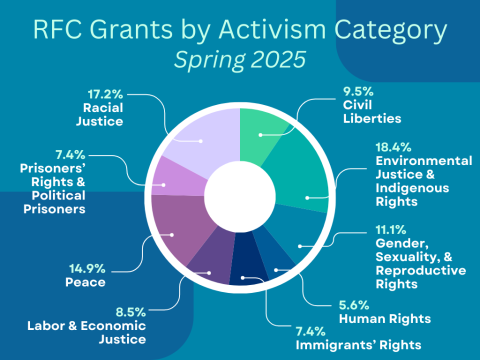
Application Deadlines:
March 21 & October 13
If you know of a child whom we might help, please let us know. We want all who qualify for our support to have the opportunity to receive it.
Recent Grants
Mom Fights Workplace Discrimination
Gender Justice Authors Face Bans
Pro-Choice Activist Jailed
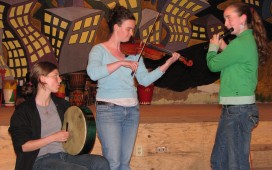
"We were so excited when we learned that you had decided to give grants for our music lessons. It has been difficult to pay for them since our father lost his job. Thank you for recognizing how our dad was singled out for his stand against war, and for realizing music's importance to our family."
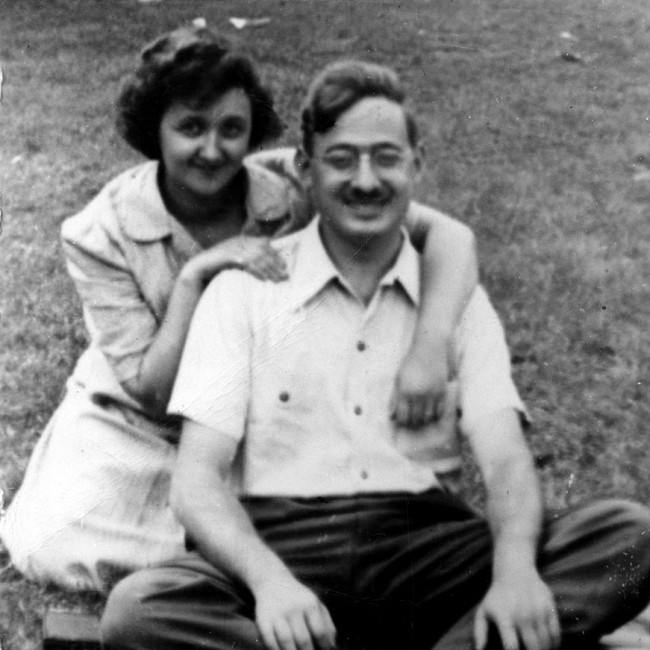
Despite massive, worldwide protest, Ethel and Julius Rosenberg were executed on June 19, 1953, at Sing Sing Prison in Ossining, NY. They were convicted of Conspiracy to Commit Espionage in one of the most hotly-debated trials in U.S. history.
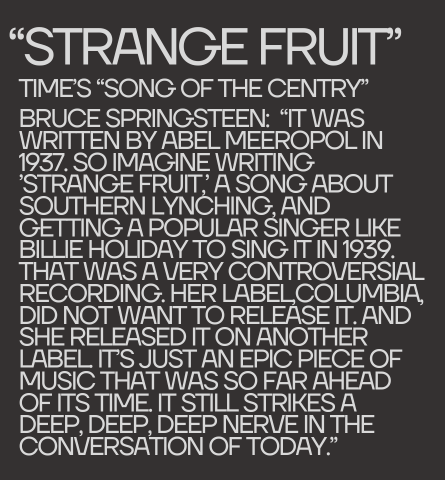
The “Song of the Century” according to Time Magazine in 1999, was written by Abel Meeropol (aka Lewis Allan) in the late 1930s. The stark and haunting anti-lynching anthem, which Meeropol originally wrote as a poem entitled “Bitter Fruit” before changing the name and setting it to music, was first performed by Abel’s wife Anne at teacher’s union meetings. Billie Holiday made an iconic recording in 1939, and numerous other artists have since released their own versions. Strange Fruit still inspires a vast array of art and culture around the world today.
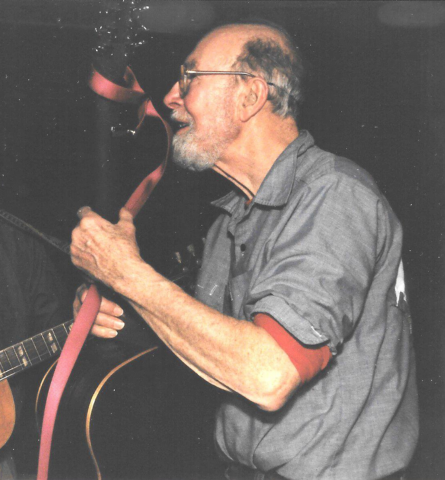
At the RFC, we celebrate the power of art and artists to spark conversation and move people to action, while also creating beauty and community. We know that was true during the Harlem Renaissance and the Red Scare and the Civil Rights and Anti-War Movements and it’s still true today.

